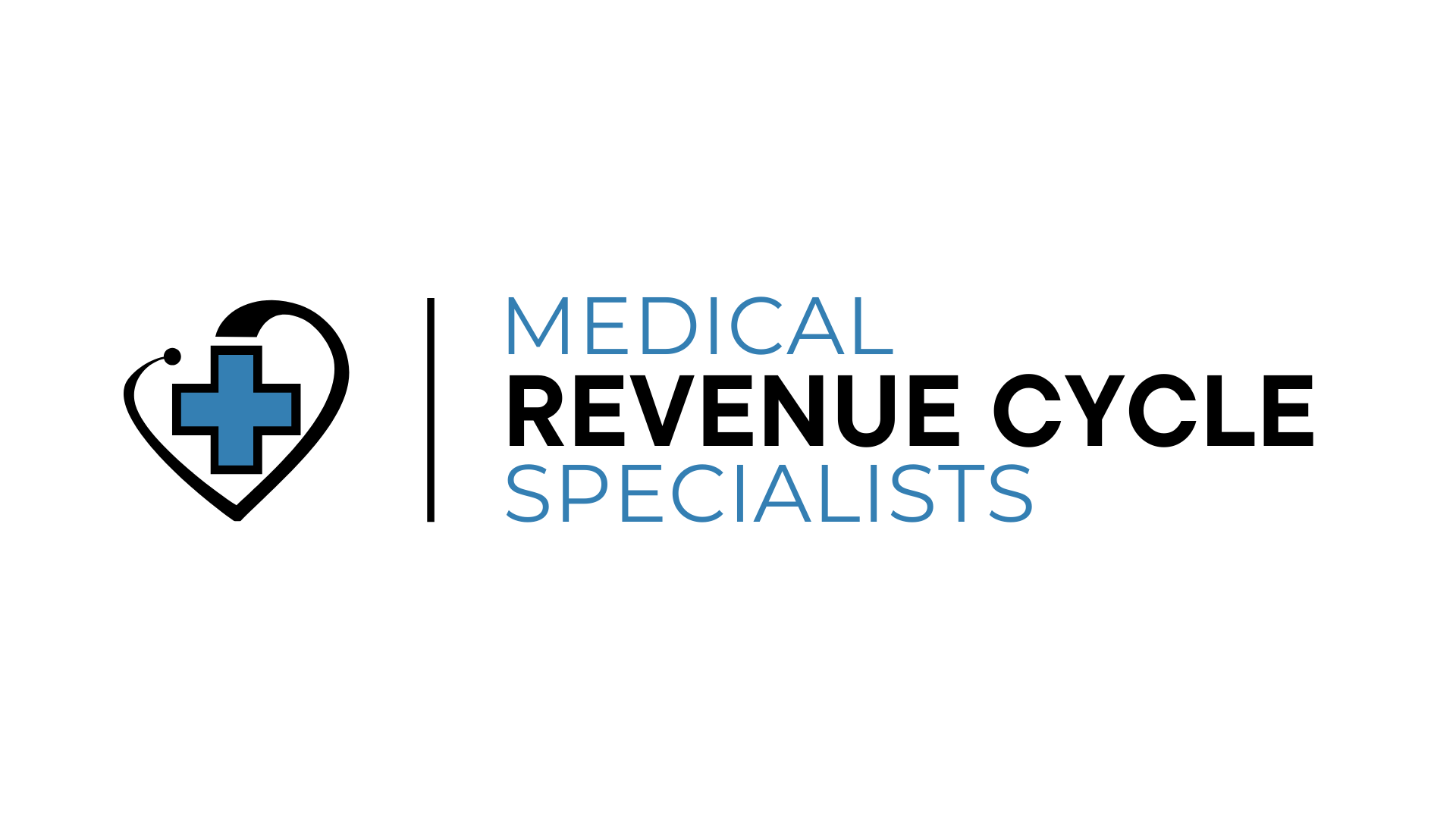Understanding and Addressing EFT Fees in U.S. Healthcare: Impact on Practices and the Legislative Response
- Nick Fernandez

- Dec 19, 2023
- 2 min read
Updated: Feb 13, 2024
The U.S. healthcare system, grappling with a myriad of challenges, has recently encountered a new issue: the imposition of electronic funds transfer (EFT) fees. These fees are levied on healthcare providers for electronic payment transactions, which have become a significant concern for the industry. In this blog post, we'll examine the intricacies of this issue, its impact on physicians and practices, and the legislative response to combat these fees.
Understanding EFT Fees in Healthcare
EFTs are essential in healthcare finance, facilitating the transfer of funds between insurers and providers. The fees associated with these transfers, though seemingly small, can accumulate to substantial amounts, particularly affecting smaller and independent practices. These fees not only increase the operational costs for providers but also indirectly impact patient care.
The Impact on Physicians and Practices
The imposition of EFT fees is more than just a financial concern; it has real implications for the operation and sustainability of healthcare practices. For physicians, these fees translate into decreased revenue, which is particularly impactful for smaller, independent practices and those serving rural or underserved communities. These additional costs could lead to difficult decisions regarding staffing, service provision, and even the viability of the practice itself.
In practical terms, EFT fees could force practices to divert resources from patient care to administrative overheads. This shift not only affects the financial health of the practice but could also impact the quality of patient care. Practices may find themselves having to cut corners in areas that directly affect patient outcomes, such as staffing, equipment, and facility upgrades.
The administrative burden of managing these fees also cannot be understated. Healthcare providers may need to invest more time and resources into financial management, detracting from their primary focus of patient care. This added complexity in financial transactions could lead to inefficiencies and frustrations within the practice.
The Congressional Response
Recognizing the burdensome nature of these fees, Congressional physicians have initiated a legislative effort to address this issue. The proposed legislation aims to prohibit the imposition of EFT fees on healthcare providers. This move is seen as a step towards reducing unnecessary financial strain on healthcare practices and ensuring that funds are directed more towards patient care and less towards administrative overheads.
The Implications and Future Outlook
If successful, this legislative action could have significant implications for the healthcare sector. By eliminating these fees, healthcare providers could potentially redirect resources towards enhancing patient care and improving healthcare outcomes. Moreover, it could set a precedent for addressing other financial inefficiencies within the healthcare system.
Conclusion
The issue of EFT fees in healthcare is a microcosm of the broader challenges facing the U.S. healthcare system. Legislative efforts to address these fees reflect a growing awareness of the need for a more efficient and equitable healthcare payment system. As this situation evolves, it will be important to monitor the impact of these legislative changes on healthcare providers and patients alike. The ultimate goal remains to create a healthcare environment where quality care is accessible and affordable for all.





Comments